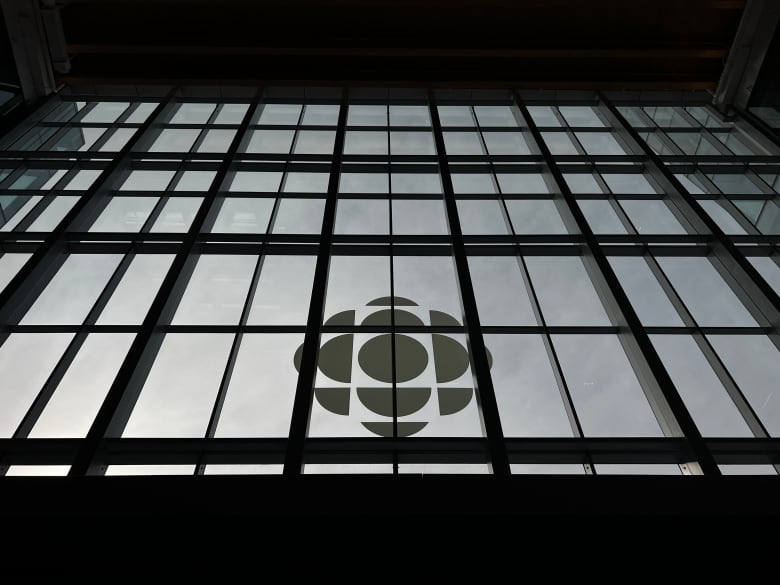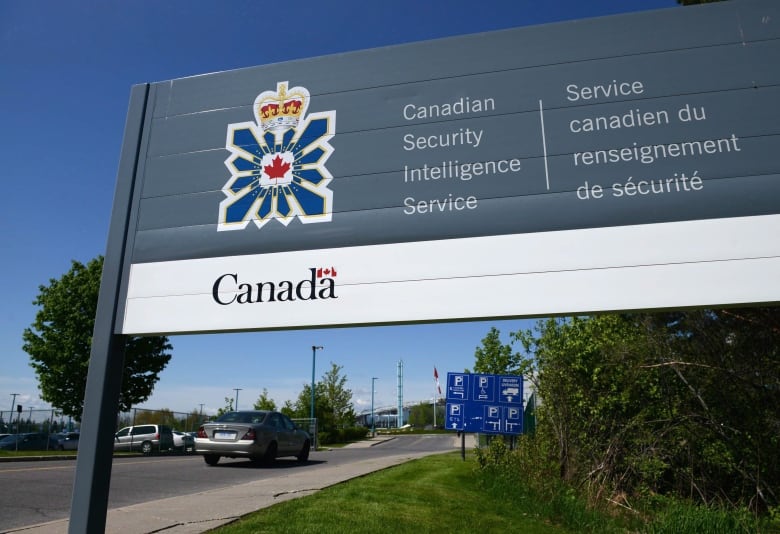


Finance Minister Chrystia Freeland today tabled a 400-page-plus budget her government is pitching as a balm for anxious millennials and Generation Z.
The budget proposes more than $52 billion in new spending over five years, including $8.5 billion in new spending for housing.
Here are some of the notable funding initiatives and legislative commitments in budget 2024.
Before releasing the budget, the government laid out what it’s calling Canada’s Housing Plan — a pledge to “unlock” nearly 3.9 million homes by 2031.
The government says two million of those would be net new homes and it believes it can contribute to more than half of them.
It plans to do that by:
As part of its push on housing, the federal government also says it’s looking at vacant land that could be used to build homes.
It’s not yet committing to new measures but the budget says the government will consider introducing a new tax on residentially zoned vacant land.
Finance Minister and Deputy Prime Minister Chrystia Freeland said this year’s federal budget will pave the way for Canada to build more homes at a pace not seen since the Second World War. The new investment and changes to funding models will also cut through red tape and break down zoning barriers for people who want to build homes faster, she said
The government said it plans to launch consultations on the measure later this year.
There’s also something in the budget for students hunting for housing.

The government says it will update the formula used by the Canada Student Financial Assistance Program to calculate housing costs when determining financial need, to better reflect the cost of housing in the current climate.
The government estimates this could deliver more aid for rent to approximately 79,000 students each year, at an estimated cost of $154.6 million over five years.
The government is also promising to extend increased student grants and interest-free loans, at an estimated total cost of $1.1 billion this year.
To help cover some of its multi-billion dollar commitments, the government is proposing a tax hike on capital gains — the profit individuals make when assets like stocks and second properties are sold.
The government is proposing an increase in the taxable portion of capital gains, up from the current 50 per cent to two thirds for annual capital gains over $250,000.
Freeland said the change would impact the wealthiest 0.1 per cent.
There’s still some protection for small businesses. There’s been a lifetime capital gains exemption which allows Canadians to exempt up to $1,016,836 in capital gains tax-free on the sale of small business shares and farming and fishing property. This June the tax-free limit will be increased to $1.25 million and will continue to be indexed to inflation thereafter, according to the budget.
The federal government estimates this could bring in more than $19 billion over five years, although some analysts are not convinced.
Parliament last year passed the Canada Disability Benefit Act, which promised to send a direct benefit to low-income, working-age people with disabilities.
Budget 2024 proposes funding of $6.1 billion over six years, beginning this fiscal year, and $1.4 billion per year ongoing, for a new Canada Disability Benefit.
Advocates had been hoping for something along the lines of $1,000 per month per person. They’ll be disappointed.
According to the budget document, the maximum benefit will amount to $2,400 per year for low income individuals with disabilities between the ages of 18 and 64 — about $200 a month.
The government said it plans for the Canada Disability Benefit Act to come into force in June 2024 and for payments to start in July 2025.
The federal government has heard an earful from small business advocates who accuse it of reneging on a promise to return a portion of carbon pricing revenues to small businesses to mitigate the tax’s economic costs.
The budget proposes to return fuel charge proceeds from 2019-20 through 2023-24 to an estimated 600,000 businesses with 499 or fewer employees through a new refundable tax credit.
The government said this would deliver $2.5 billion directly to Canada’s small- and medium-sized businesses.
Pitching it as a measure to cut the number of people smoking and vaping, the Liberals are promising to raise revenues on tobacco and smoking products.
Starting Wednesday, the total tobacco excise duty will be $5.49 per carton. The government estimates this could increase federal revenue by $1.36 billion over five years starting in 2024-25.

The budget also proposes to increase the vaping excise duty rates by 12 per cent effective July 1. That means an increase of 12 to 24 cents per pod, depending on where you live.
Ottawa hopes this increase in sin taxes will bring in $310 million over five years, starting in 2024-25.
Heritage Minister Pascale St-Onge has mused about redefining the role of the public broadcaster before the next federal election. But before that happens, CBC/Radio-Canada is getting a top-up this year.

The budget promises $42 million more in 2024-25 for CBC/Radio-Canada for “news and entertainment programming.” CBC/Radio-Canada received about $1.3 billion in total federal funding last year.
The government says it’s doing this to ensure that Canadians across the country, including rural, remote, Indigenous and minority language communities, have access to independent journalism and entertainment.
Last year, the CBC announced a financial shortfall, cut 141 employees and eliminated 205 vacant positions. In a statement issued Tuesday, CBC spokesperson Leon Mar said the new funding means the corporation can balance its budget “without significant additional reductions this year.”

As the government takes heat over how it has handled the threat of foreign election interference, it’s promising more money to bolster its spy service.
The Canadian Security Intelligence Service is in line to receive $655.7 million over eight years, starting this fiscal year, to enhance its intelligence capabilities and its presence in Toronto.
The budget also promises to guarantee up to $5 billion in loans for Indigenous communities to participate in natural resource development and energy projects in their territories.
These loans would be provided by financial institutions or other lenders and guaranteed by the federal government, meaning Indigenous borrowers who opt in could benefit from lower interest rates, the budget says.